Traditional Wedding Outfits From Around The World ( What is the best??? )
#15 Traditional Peruvian Bride In Sacred Valley Near Cuzco, Peru
Traditional Andean wedding outfits are often bright and include woven cloaks and hats adorned with tassels and reflective material. A special skirt and poncho is made for the bride and groom’s wedding day.
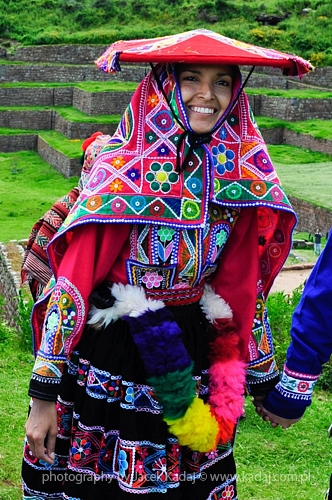
#14 Traditional Wedding Costumes And Bridal Crown From Norway
In Norway, the traditional wedding costume is called a Bunad. It can also be worn for other occasions such as christening parties.
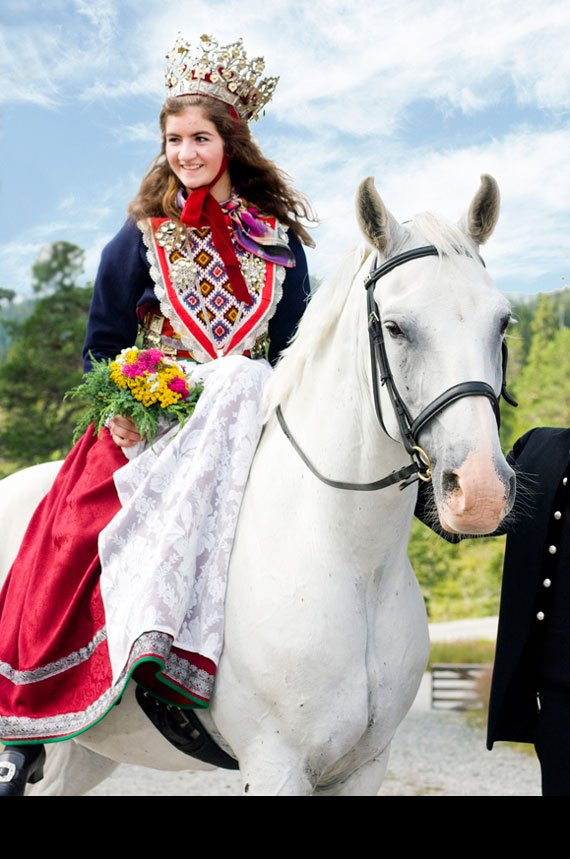
#13 Matyo Bride From Hungary
In traditional Hungarian weddings, a brides attire usually includes an embroidered dress with floral patterns and three bright colors. She often wears many underskirts as well as an elaborate head-dress with wheat woven into it.

#12 Yakan Bride
The Yakan are an ethno-linguistic group that mostly inhabit the island of Basilan in the Philippines. Traditional weddings usually consist of two ceremonies, an Islamic one and an older, pre-Islamic ritual. The weddings are arranged by the parents and both the bride and groom wear face paint for the ceremony.
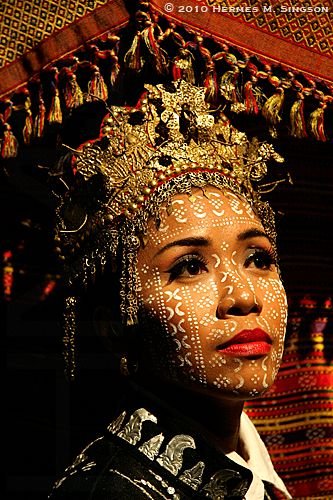
#11 Chinese Wedding
In China the colour red is considered to symbolize good luck. The colour is also believed to keep away evil spirits. It’s therefore no surprise that traditional Chinese wedding outfits almost always feature the colour red.

#10 Bride In Gora Region Between Kosovo And Macedonia
The Gorani people are Muslims by faith, but their traditions and customs contain various pagan elements. The bride is carried on a white horse covered with a scarf and a specially decorated umbrella during wedding festivities, and she accompanies her family to the neighbour’s house of her husband-to-be.
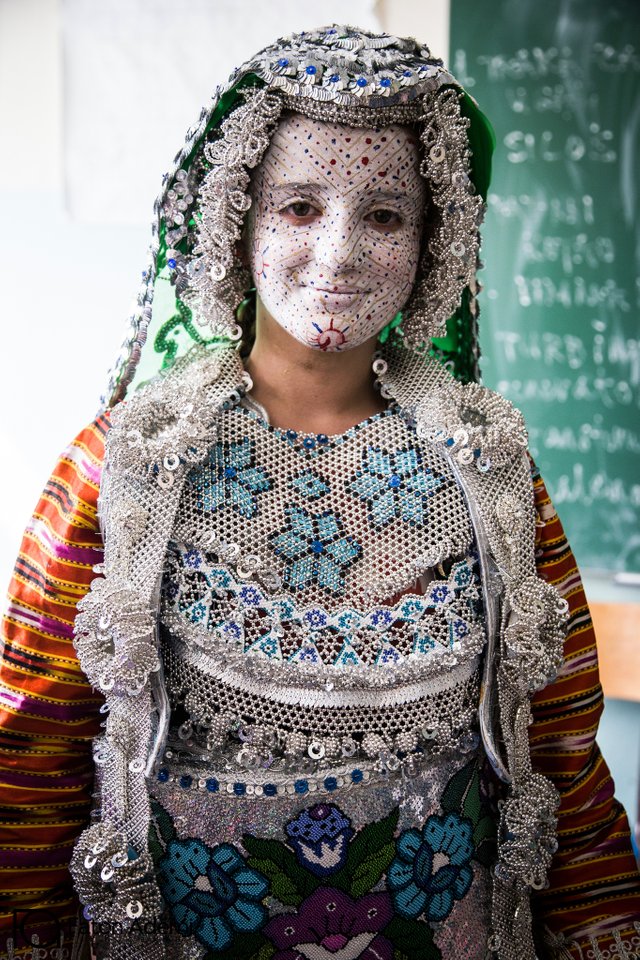
#9 Romanian Bride From Oas Region
Weddings in Oas are an important event in the north-west part of Transylvania. The wedding is organized by the parents as well as the bride-and-groom-to-be and various different rituals are involved including the preparation of the dowry and the costumes, choosing the godparents, and preparing the wedding flag.
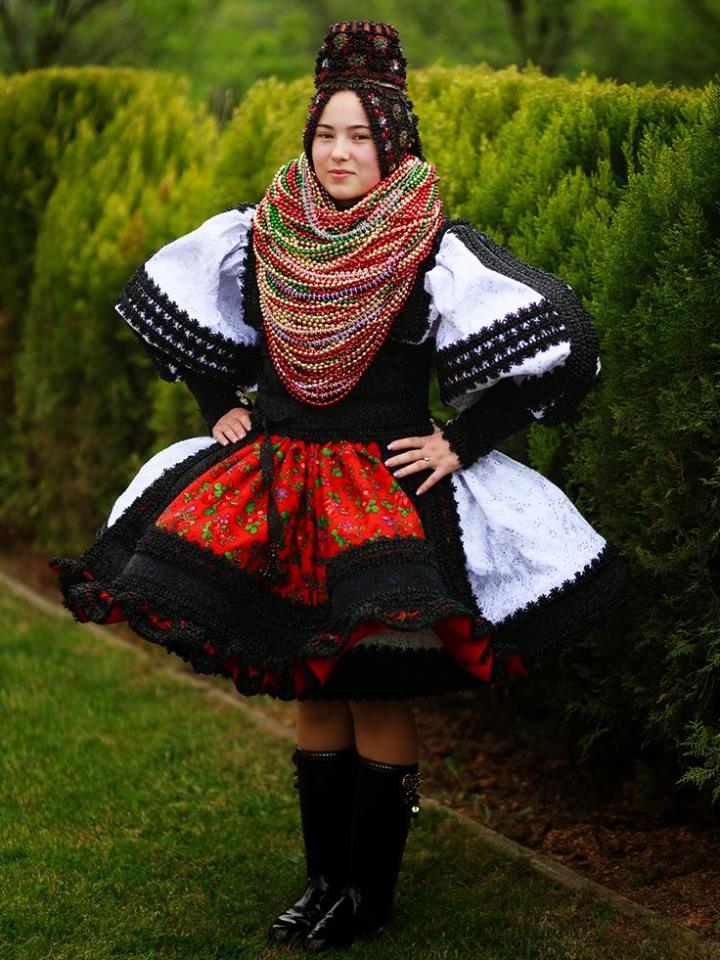
#8 Hutsuls Wedding In Ukrainian Carpathians
The Hutsuls are an ethno-cultural group of Ukrainians who have lived for centuries in the Carpathian mountains. The traditional wedding clothes are very colorful and the weddings themselves are very lively and full of dancing, games and jokes.

#7 Scottish Wedding
Men in Scotland traditionally wear the kilt of his clan for his wedding. After the ceremony, the bride wears a shawl emblazoned with her new husband’s clan colors to signify her transition into his family.
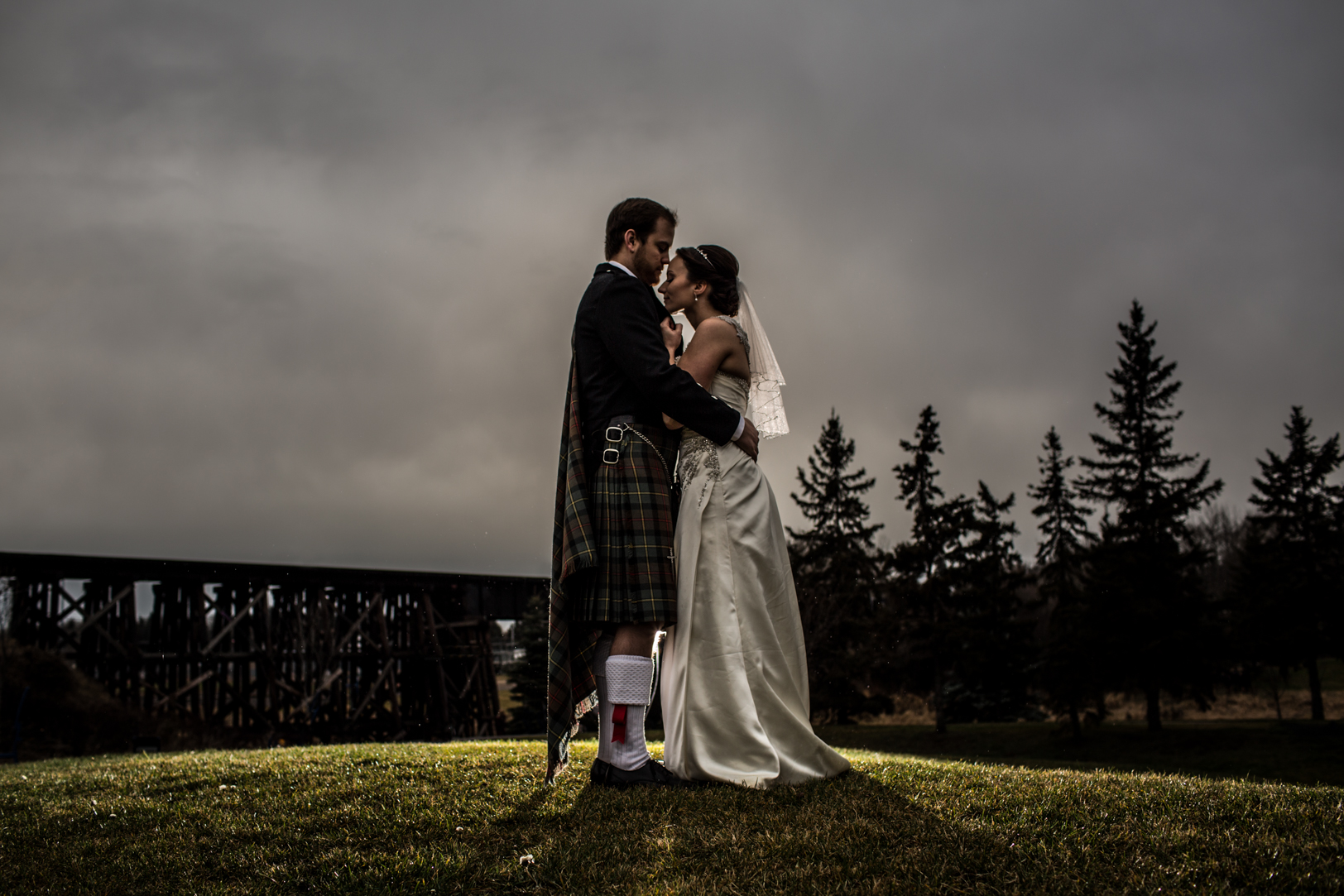
#6 Kazakhstani Bride
In a traditional Kazakh wedding, brides typically wear a headdress known as a “Saukele” as well as a facial veil. The Saukele is usually prepared long before the girls reach the age of marriage.

#5 Japanese Wedding
For a traditional Japanese wedding, the bride often wears a pure white kimono for the formal ceremony, which symbolizes purity and maidenhood. After the ceremony the bride may then change into a red kimono to symbolize good luck.

#4 Mongolian Bride
In a traditional Mongolian wedding ceremony, the bride and the groom each wear what’s known as a Deel. A Deel is a form of patterned clothing that’s been worn for centuries by Mongols and other nomadic tribes in Central Asia.

#3 Traditional Wedding In Ghana
Traditional weddings in Ghana are often very colorful, and each family has its own cloth pattern that features on the bride and groom’s wedding outfits.
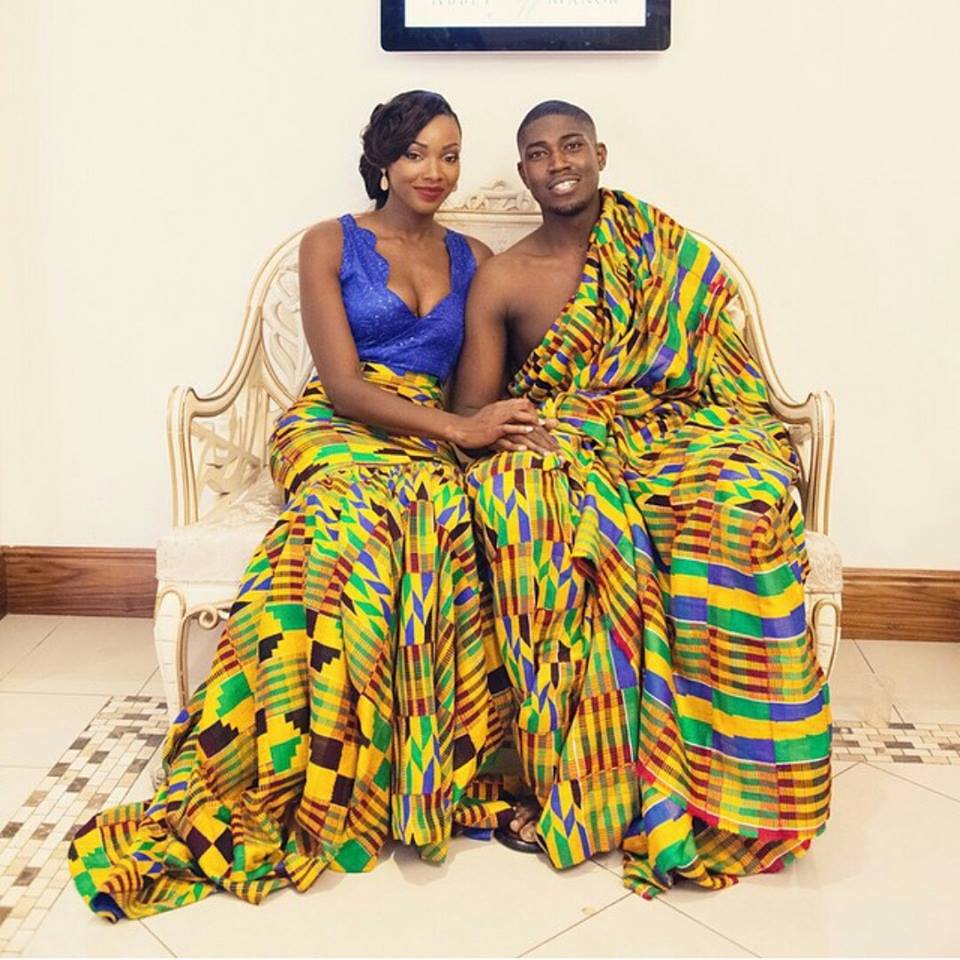
#2 Nigerian Bride
Nigeria is a big country with around 250 ethnic groups and over 500 languages. Wedding ceremonies therefore change according to region, religion and ethnic background. However, Nigerian brides often wear brightly colored wedding clothes. They also often wear a Nigerian head tie called a Gele.

#1 Indian Wedding
In Indian culture, pink or red wedding dresses are often the garment of choice for brides. Married woman in the north of the country can often be identified by a red dot in the middle of their forehead.

-Copied-
Fantastic, it is always good that every culture stood out, the true multiculturalism is the one that respects and shares the different traditions creating new ones, without the need to destroy the old ones.
100% Agree. If I missed something in there please add those. :)
Congratulations @virginiaadams! You have completed some achievement on Steemit and have been rewarded with new badge(s) :
Click on any badge to view your own Board of Honor on SteemitBoard.
For more information about SteemitBoard, click here
If you no longer want to receive notifications, reply to this comment with the word
STOP